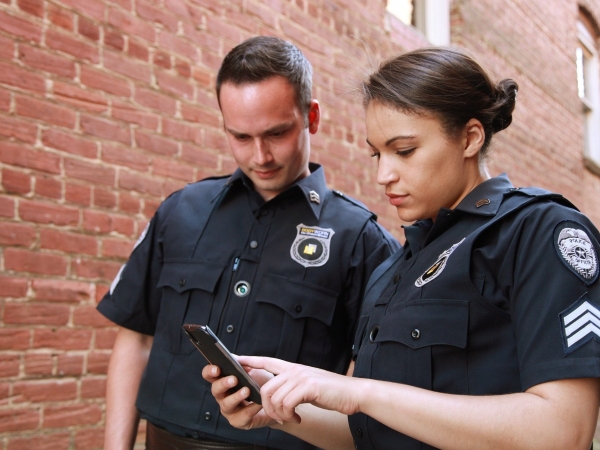
Responding to Sexual Assault Cases
Whether you're a new patrol officer or a seasoned investigator assigned to a specialized unit, the Georgia Sexual Assault Response Team (SART) Guide is a resource that will benefit you by providing best practices and a wealth of information on responding to sexual assault victims. Head to p. 43 to for the law enforcement-specific section.
Finding a Sexual Assault or Child Advocacy Center
Do you know where the closest sexual assault or child advocacy center that serves victims from your jurisdiction is located? The Georgia Network to End Sexual Assault maintains a page of rape crisis centers throughout the state that can be searched alphabetically or by county. The Children's Advocacy Centers of Georgia lists child advocacy centers both ways as well.
Dispatch / 911
Communications personnel play a very important role in sexual assault investigations as they are often the victim’s first contact with the criminal justice system. 911 operators should first determine if the victim is in danger. Once the victim’s safety has been established, 911 operators should determine if an emergency medical response is required. If the assault just occurred, 911 Operators should obtain information from the victim to assist in suspect apprehension. They should inquire as to whether the suspect is a known to the victim or if they are a stranger. They should also gather information about the suspect’s history of violence and use, or possession of, a weapon.
Patrol Officers
The responding officer in a sexual assault plays a vital role in the outcome of the investigation. The responding officer has the ability to encourage the victim’s participation in the criminal justice process by reassuring the victim that she/he is not being judged and that the case is taken seriously. Remembering the principles of the victim-centered approach, responding officers can investigate in a manner that helps restore a victim’s sense of control. This approach builds trust and the victim’s confidence in cooperating with the investigation through prosecution.
Investigators
It is important that law enforcement understand the concept of a victim-centered, trauma-informed, and offender-focused approach to the investigation of a sexual assault. A victim-centered approach maintains that an investigator treats victims compassionately and is conscious of his or her personal bias. Research suggests that offenders often choose their victims based on access, vulnerability, and/or perceived lack of credibility. In a victim-centered investigation, law enforcement is knowledgeable about offender dynamics and common misconceptions that may diminish victim credibility. Additionally, secondary victimization affects sexual assault case attrition. Secondary victimization is defined as behaviors and attitudes that are "victim-blaming,” insensitive, and traumatize victims of violence. In victim-centered investigations, law enforcement is conscious of the negative effects that secondary victimization will have on the ultimate outcome of their investigation and their ability to hold offenders accountable.
